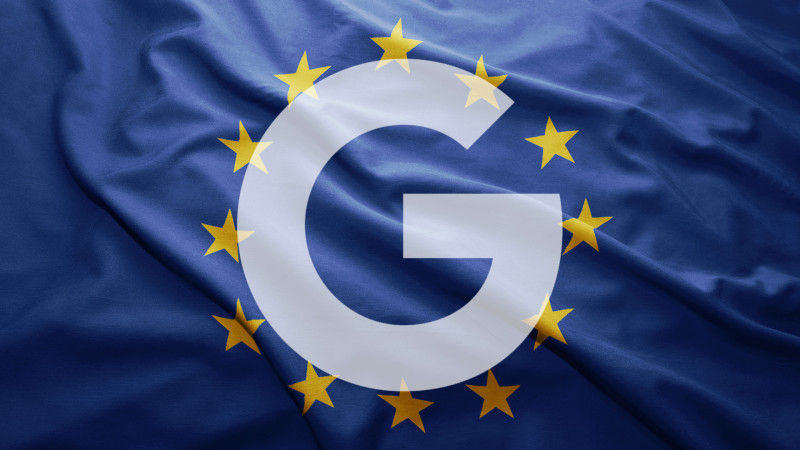Europe says Google broke antitrust law with app rules, Android contracts
- Fahad H

- Apr 20, 2016
- 2 min read

As expected, Google has been hit with a formal “Statement of Objections” (antitrust charges) by the European Commission regarding its Android operating system and related practices. The charges focus on the requirement that handset makers pre-install selected Google apps (search and Chrome in particular) in exchange for access to the Google Play app store.
The Android claims are substantially about Google mobile search and the degree to which Google’s actions seek to maintain its dominance in search. This parallels the Commission’s vertical (shopping) search case, which is still unresolved.
The Statement of Objections asserts that phone makers are illegally constrained by Google’s contractual agreements, which serve to “strengthen Google’s dominant position in general internet search, and adversely affect competition in the market for mobile browsers.”
The most concise statement of the EC’s claims is laid out in its press release. It says that Google broke European antitrust law by:
requiring manufacturers to pre-install Google Search and Google’s Chrome browser and requiring them to set Google Search as default search service on their devices, as a condition to license certain Google proprietary apps;
preventing manufacturers from selling smart mobile devices running on competing operating systems based on the Android open source code; and
giving financial incentives to manufacturers and mobile network operators on condition that they exclusively pre-install Google Search on their devices.
(emphasis in original)
The Commission argues Google’s behavior “may lead to a further consolidation of the dominant position of Google Search” and limit the ability of other browsers to compete with Chrome. It also argues that Google’s conduct “hinders the development of operating systems based on the Android open source code and the opportunities they would offer for the development of new apps and services.”
The Commission makes the leap that consumers are ultimately harmed by a lack of innovation and choice, resulting from Google’s actions. Google will argue precisely the opposite — that consumers are benefited by current arrangements and that market fragmentation would harm consumers (and developers). Indeed, so far, there seems to be no evidence that European consumers are complaining about Android or a lack of choice in the market.
The case is more expansive, but in most ways similar to the one that was prosecuted against Google in Russia and intiated by Google competitor Yandex. Competition authorities in Russia ruled against Google and barred pre-installed apps on Android handsets. Google has not yet complied with the ruling in that country.
The European Commission points out that “sending a Statement of Objections does not prejudge the outcome of the investigation.” However, if the outcome is unfavorable to Google, it could face fines as high as $7 billion. Accordingly, between the two antitrust cases, Google faces significant potential exposure in Europe.








Comments